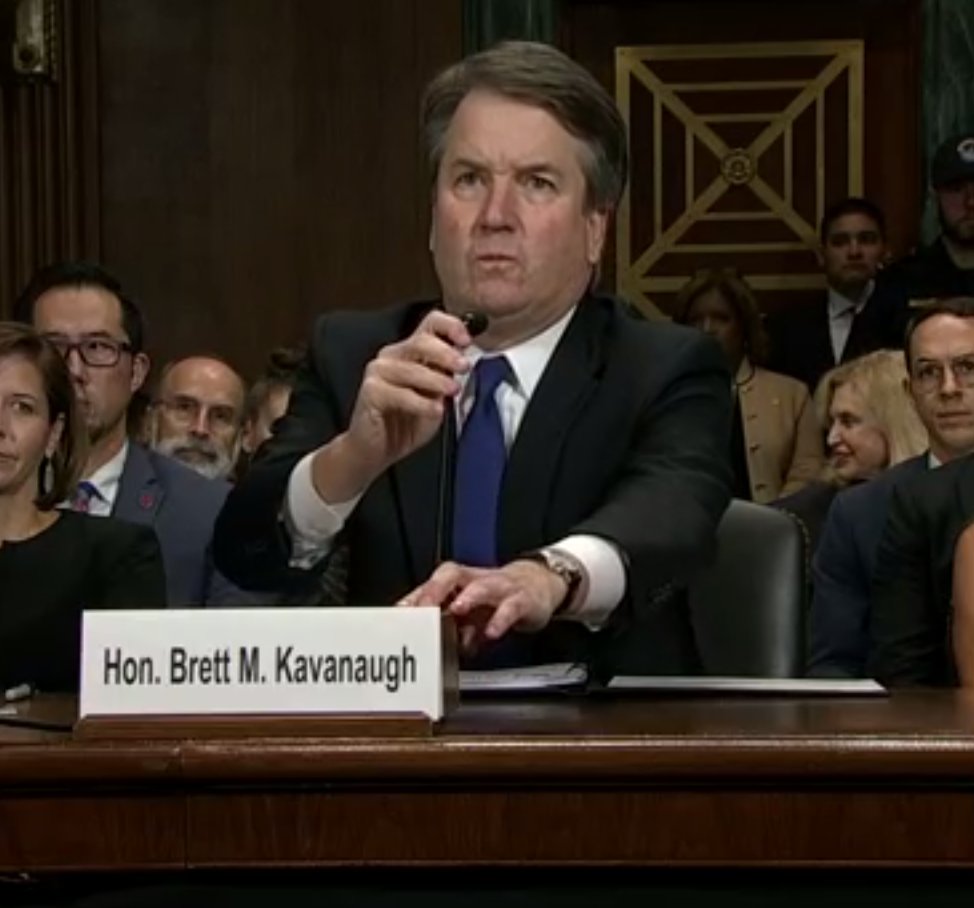The Social Security Administration will publish in the Federal Register tomorrow three new Social Security Rulings. On cursory examination, Social Security Rulings 18-01p Determining the Established Onset Date (EOD) in Disability Claims and 18-02p Determining the Established Onset Date (EOD) in Blindness Claims are of little consequence.
The third may matter a little although it is an issue that rarely arises. From Social Security Ruling 18-3p, Failure to Follow Prescribed Treatment:
... We will not determine whether the individual failed to follow prescribed treatment if the treatment was prescribed only by a consultative examiner (CE), medical consultant (MC), psychological consultant (PC), medical expert (ME), or by a medical source during an evaluation conducted solely to determine eligibility to any State or Federal benefit. ...
Prescribed treatment does not include lifestyle modifications, such as dieting, exercise, or smoking cessation. ...
The following are examples of acceptable good cause reasons for not following prescribed treatment: ...
The individual’s fear of surgery is so intense that it is a contraindication to having the surgery. We require a written statement from an individual’s own medical source affirming that the individual’s intense fear of surgery is in fact a contraindication to having the surgery. We will not consider an individual’s refusal of surgery as good cause for failing to follow prescribed treatment if it is based on the individual’s assertion that success is not guaranteed or that the individual knows of someone else for whom the treatment was not successful. ...I don't see the point of asking a medical source to give information about their patient's fear about having surgery. Wouldn't it make more sense to rely directly upon the patient's own testimony about those fears? Isn't this an inherently subjective matter? Why rely upon statements from a physician who regards their patient's objections as ridiculous? This seems like it's searching for a way to hurt fearful people.










